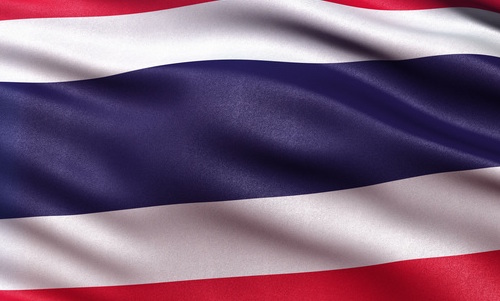On 19 May, the International Commission of Jurists (ICJ), in collaboration with the Thai NGO SHero Thailand, submitted an alternative report to the Committee on the Elimination of Discrimination against Women (CEDAW Committee) ahead of its upcoming review of Thailand’s compliance with its obligations under the Convention on the Elimination of All Forms of Discrimination Against Women (CEDAW). This review follows the State party’s submission of its eighth periodic report under Article 18 of the Convention.
The submission addresses the inadequacy of legal provisions addressing gender-based violence (GBV) and the significant barriers that prevent GBV survivors from accessing justice in practice.
On legal provisions, the ICJ and SHero Thailand called on the CEDAW Committee to recommend that Thailand revise the legal definition of rape and address gaps in legislation related to sexual harassment, technology-facilitated GBV, domestic violence, and gender-related killings.
The organizations also pointed out that the use of alternative dispute resolution mechanisms, such as mediation in domestic violence cases, had the potential to obstruct the prosecution of serious crimes. The ICJ and Shero Thailand highlighted that these mechanisms should never be applied automatically and should be used only with the survivor’s free and informed consent, as assessed by a specialized team. They must also be conducted by trained independent mediators or conciliators, in accordance with the CEDAW.
The ICJ and SHero Thailand informed the Committee of legal and practical obstacles that continue to hinder GBV survivors from seeking redress for violations and abuses. These include discriminatory immigration laws that place undocumented survivors at risk of arrest or deportation and the pervasive use of gender stereotypes by justice sector actors. The organizations asked the Committee to call for comprehensive legal reform, enhanced training for justice officials, and the promotion of gender sensitivity throughout the justice system.
They also urge the government to ensure the provision of essential services for survivors, including dedicated funds for reparations and support, adequate shelters, long-term psychological and counseling services, and an institutionalized multidisciplinary response mechanism.
The ICJ will also brief the Committee ahead of its formal review of Thailand’s implementation of the CEDAW, scheduled to take place in Geneva, Switzerland, in June 2025.
Following the review, the Committee will issue its Concluding Observations, identifying both positive developments and key areas requiring further action by the Thai government.
Download
The full submission in English is available here.
The Concluding Observations from the previous review of Thailand’s combined sixth and seventh reports are available here.
Contact
Sanhawan Srisod, Senior Legal Adviser, Legal and Policy Office, e: sanhawan.srisod@icj.org





